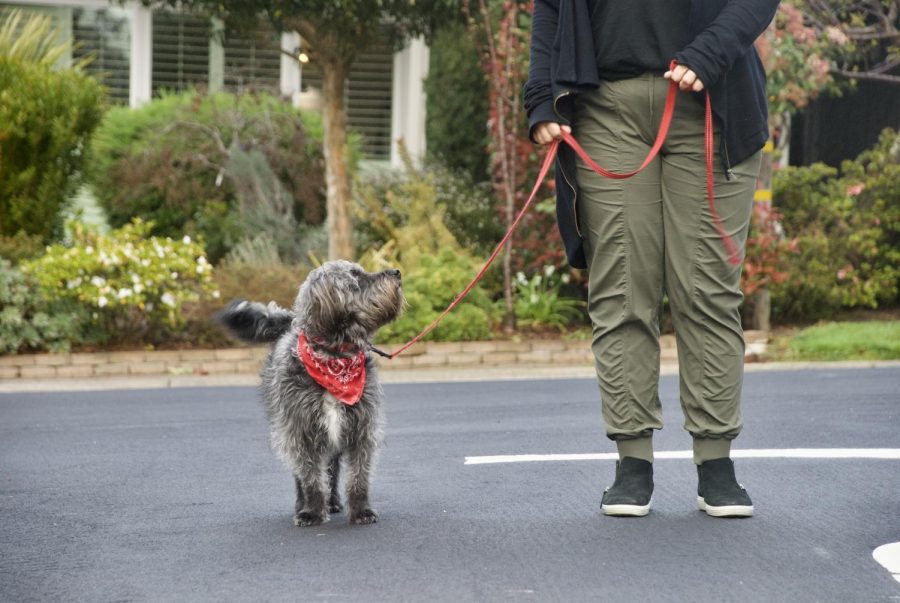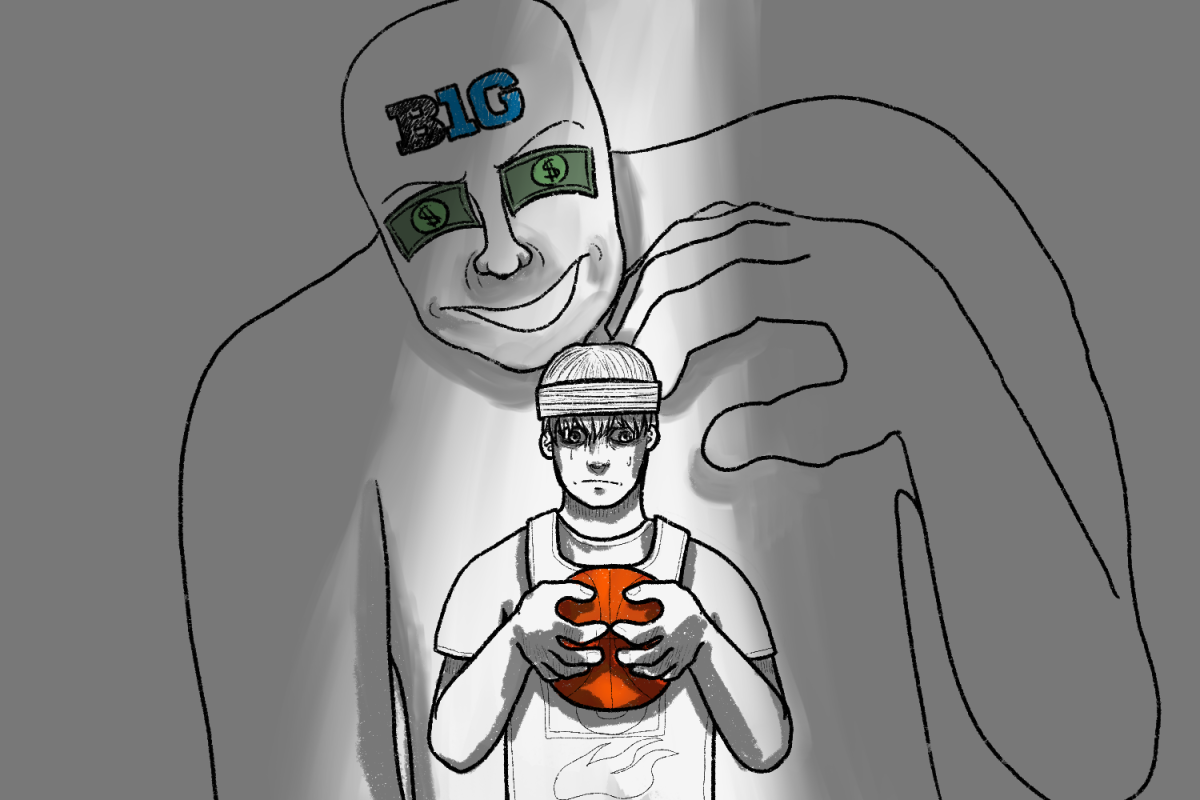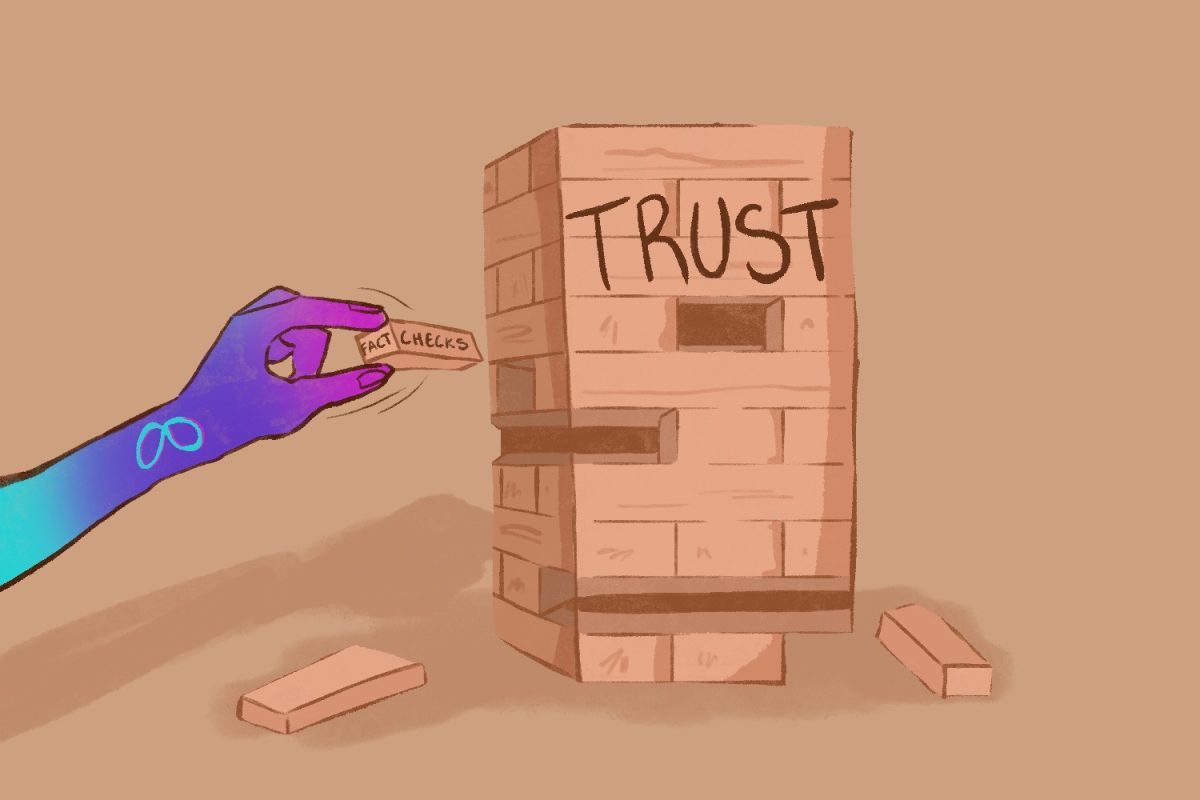The term “pandemic pet” may sound familiar to many people who have recently brought an animal into their home. According to a Rover survey conducted in January 2021, almost half of Americans said they adopted a dog throughout the COVID-19 pandemic.
Since 2021, as people start returning to work in person, animal shelters and rescues have seen a significant increase in “pandemic pets” being surrendered. Many of these animals include pets bought from breeders or pet stores.
When purchasing from a breeder, prospective pet owners receive minimal information on the pet they are buying and cannot meet it. Policies surrounding the legal pet-purchasing process are very vague. This leads to many breeders failing to provide a contract in case of any health emergencies soon after the adoption date.
Puppy mills have similar practices. According to Paws, roughly 90% of all dogs sold in pet stores are from puppy mills. They are mass-breeding facilities that are loosely regulated. The minimal regulation allows them to get away with harsh treatment of the dogs they breed. In a Kansas puppy mill, a People for the Ethical Treatment of Animals investigator found that there was “no bedding on the hard wire, little to no protection from the searing hot summers or the frigid winters, and no regular veterinary care, even when they were ill.” Like breeders, many pet stores also fail to issue health agreements.
Animals that come from breeders and puppy mills are also likely inbred. Inbred dogs typically have shorter life spans, poor growth, and fertility issues, and are more susceptible to health problems later in life.
Due to the lack of health contracts, pet owners are left with expensive medical bills for health concerns probably caused by the place they purchased their pet from. The Massachusetts Society for the Prevention of Cruelty to Animals-Angell cites money, including unexpected medical costs, as a main reason for giving up a dog or cat. The increase in surrendered pets has been a primary cause of overcrowding in animal shelters and rescues.
Overcrowding has led to an increased amount of pets that have to be euthanized yearly. University of California, Davis, reports that every year in California, around 100,000 animals are put down in animal shelters.
To help contribute to the end of unethical breeding, the next time you consider bringing a pet into your home, you can consider adopting from a shelter or rescue. Even though there is no guarantee of a specific breed, adopting has many benefits.
Shelters and rescues house all ages, types, and sizes of animals, so you can find the pet that fits your needs. Unlike pet stores and breeders, shelters and rescues allow you to meet the dog before adopting and inform you of any potential, current, or past health issues. Many shelters also provide affordable healthcare for pets to reduce the reasons for surrendering an adopted pet.
Adopting a pet saves current and future lives and aids in stopping inhumane breeding practices.
*This editorial reflects the views of the Scot Scoop Editorial Board and was written by Soleil Dam.
The Editorial Board voted 11 in agreement, 0 somewhat in agreement, and 1 refrained from voting.













